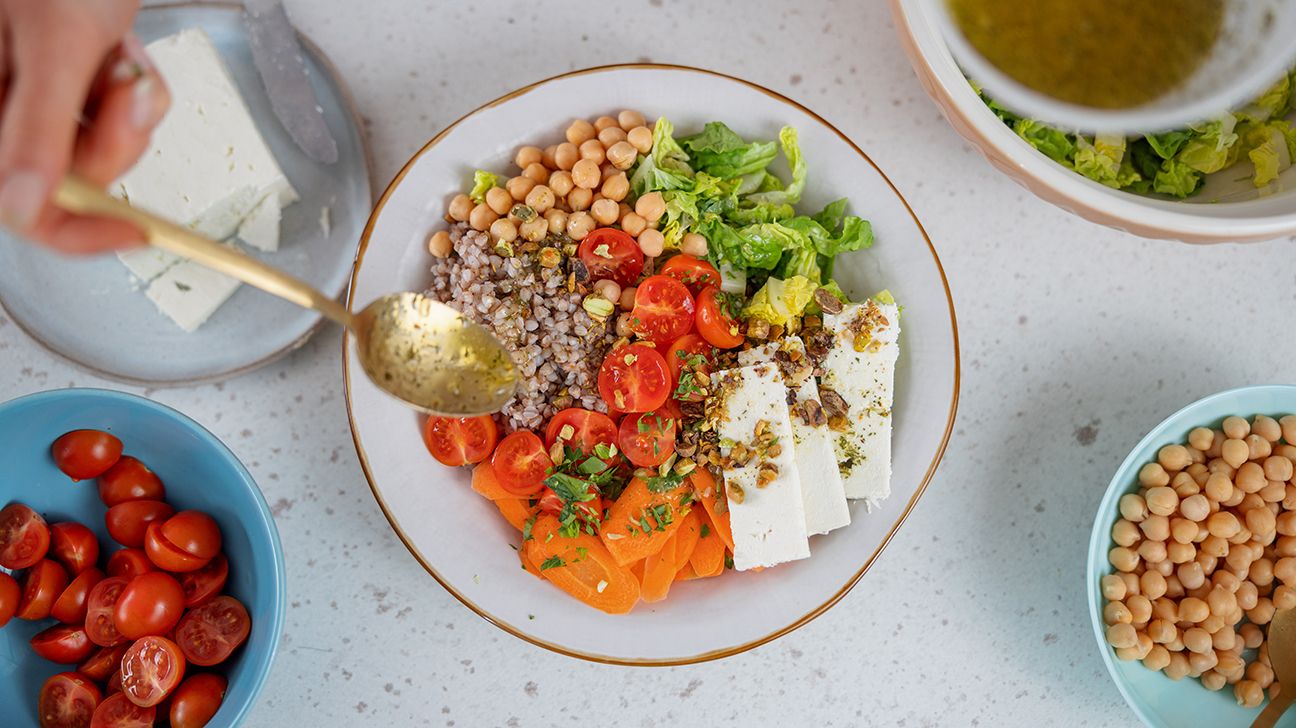Cymbalta is not known to interact with any foods. But there are certain supplements that should not be taken with Cymbalta.
Cymbalta is a brand-name prescription drug used to treat the following conditions:
- major depressive disorder in adults
- generalized anxiety disorder in adults and in children ages 7 years and older
- diabetic nerve pain in adults
- fibromyalgia in adults and in children ages 13 years and older
- chronic (long-term) musculoskeletal pain in adults
Cymbalta is not known to interact with any certain foods. Learn more about Cymbalta with food and supplements.

There are no reports of Cymbalta interacting with food. You may take your dose of Cymbalta with or without food. In some cases, taking Cymbalta with food may help reduce certain side effects, such as nausea.
Cymbalta may interact with certain medications. Check out this interactions article to learn more.
If you have questions about food and Cymbalta, talk with your doctor or pharmacist.
Cymbalta and caffeine
Cymbalta is not known to interact with caffeine. But
Talk with your doctor about how much, if any, caffeine is safe for you to drink while taking Cymbalta.
Cymbalta may interact with tryptophan supplements. Taking these supplements with Cymbalta can increase the risk of serotonin syndrome as a side effect. Serotonin syndrome is caused by a high blood level of the chemical serotonin. Symptoms may include agitation, fever, muscle twitches, and fast heart rate.
Additionally, St. John’s wort can interact with Cymbalta. Taking this supplement with Cymbalta may also raise your risk of serotonin syndrome. This risk is highest when you first begin taking Cymbalta or any time your doctor increases your dose.
Talk with your doctor about any supplements, herbs, or vitamins you are taking before you start Cymbalta.
Cymbalta is used for certain conditions, including depression. It is safe to take Cymbalta with or without food. It’s not known to interact with any certain foods.
There are a few supplements, such as St. John’s wort, that can interact with Cymbalta. Talk with your doctor or pharmacist to learn more about what is safe to take with Cymbalta.
Disclaimer: Healthline has made every effort to make certain that all information is factually correct, comprehensive, and up to date. However, this article should not be used as a substitute for the knowledge and expertise of a licensed healthcare professional. You should always consult your doctor or another healthcare professional before taking any medication. The drug information contained herein is subject to change and is not intended to cover all possible uses, directions, precautions, warnings, drug interactions, allergic reactions, or adverse effects. The absence of warnings or other information for a given drug does not indicate that the drug or drug combination is safe, effective, or appropriate for all patients or all specific uses.




